Humans
Sign up for our newsletter
We summarize the week's scientific breakthroughs every Thursday.
-
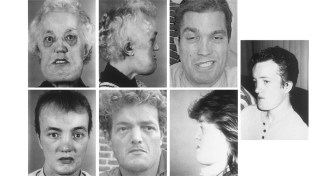 Health & Medicine
Health & MedicineThis rare skull-thickening disease led to a 3-D-printed replacement
A skull implant made with a 3-D printer replaced the 2-inch-thick skull of a Dutch woman with the rare van Buchem disease.
-
 Health & Medicine
Health & MedicineBile acids may play lead role in weight-loss surgery
Having more gastric juices swirling around a smaller space and a change in the gut microbiome may be what helps with weight loss after stomach-shrinking surgery.
-
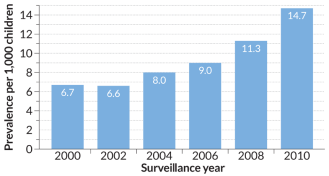 Health & Medicine
Health & MedicineAutism spike may reflect better diagnoses, and that’s a good thing
As doctors get better at spotting autism spectrum disorders, kids may get help earlier — and the numbers of diagnoses will increase.
-
 Humans
HumansChildhood program improves health 30 years later
A preschool intervention for kids from poor families benefits their health as adults, especially among men.
By Bruce Bower -
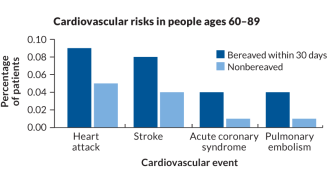 Psychology
PsychologyGrief takes its toll
A person’s risk of heart attack or stroke is doubled in the month following the death of a spouse or partner.
-
 Health & Medicine
Health & MedicineDiet fix eases Huntington’s symptoms in mice
Supplement improves health of rodents with mutation that causes neurodegeneration like that seen in Huntington’s disease.
-
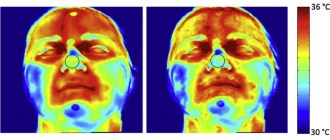 Psychology
PsychologyYour fear is written all over your face, in heat
Thermal images of bank clerks who’ve been robbed reveal a cold nose can be a sign of post-traumatic stress disorder, or PTSD.
-
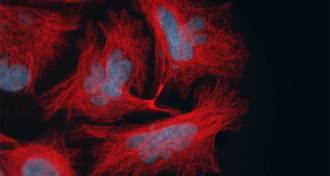 Life
LifeWith Taxol, chromosomes divide and get conquered
New mechanism discovered for how the cancer drug Taxol works.
-
 Health & Medicine
Health & MedicineEarly treatment may stave off esophageal cancer
Zapping precancerous tissue in patients with Barrett’s esophagus might reduce incidence of cancer.
By Nathan Seppa -
 Health & Medicine
Health & MedicineTelling kids lies may teach them to lie
In a new study, kids who were told a lie were more likely to later tell a fib themselves. The results should encourage parents not to lie to their kids.
-
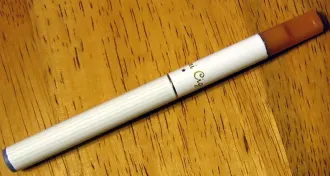 Health & Medicine
Health & MedicineE-cigarettes don’t help smokers quit, study finds
People who tried e-cigarettes no more likely to give up smoking a year later.
By Nathan Seppa -
 Humans
HumansFormer baseball players have big, strong bones in old age
Decades later, health benefits of exercise persist in male athletes’ bones.
By Meghan Rosen